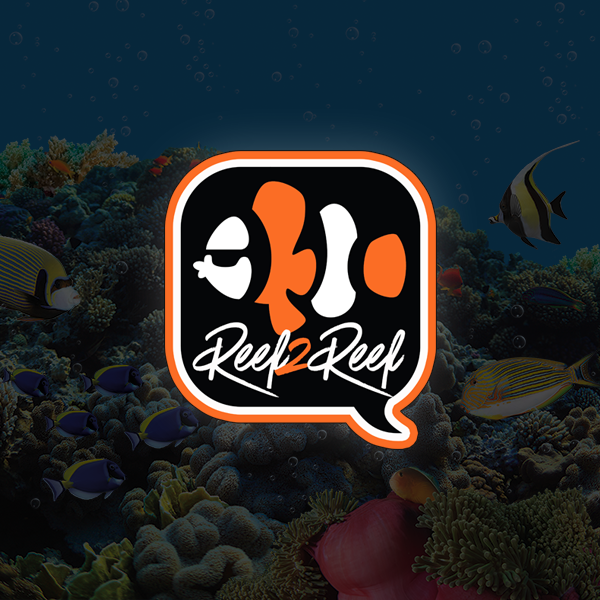Randy Holmes-Farley
Reef Chemist
View Badges
Staff member
Super Moderator
Excellence Award
Expert Contributor
Article Contributor
R2R Research
My Tank Thread
Reef Chemistry Puzzle 12
1. I am the reason water can be liquid at room temperature
2. I am the reason water ice floats on liquid water
What am I?
Good luck!
Previous Reef Chemistry Puzzle:

 www.reef2reef.com
www.reef2reef.com
.
1. I am the reason water can be liquid at room temperature
2. I am the reason water ice floats on liquid water
What am I?
Good luck!
Previous Reef Chemistry Puzzle:

Reef Chemistry Puzzle #11 The deeper the smaller
Reef Chemistry Puzzle 11 Three clues today: 1. I get smaller the deeper one goes in the ocean 2. Some reefers prefer me small, and some prefer me larger (compared to most reefers today, Randy prefers larger ones) 3. I can cause a lot of disappointment when buying corals online What am i...
 www.reef2reef.com
www.reef2reef.com
.
















